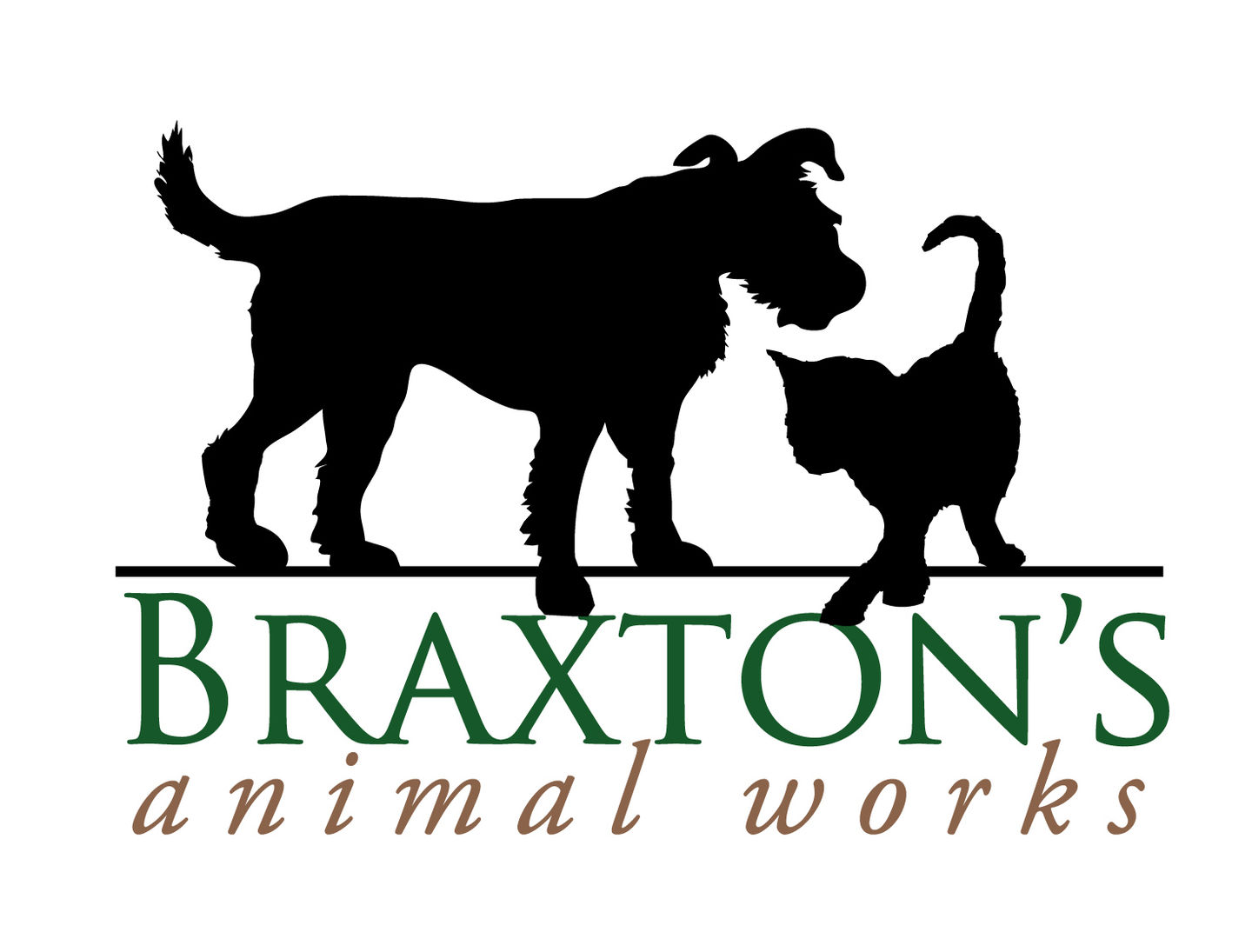Did you know that pet dental care is not just about teeth?
Although dental care for your pets may seem like a cosmetic issue, when your pet has red gums, yellow teeth, and stinky breath, it could be a sign of dental disease.
Just like in people, dogs can develop dental disease, which can affect the health of their whole body. Over time, plaque accumulates on your dog’s teeth, and if it isn’t removed, it hardens into tartar. This leads to gum irritation and periodontal disease.
February is Pet Dental Health Month, and Braxton’s is marking the occasion by reminding pet owners of the importance of regular dental care for their four-legged friends. According to the American Veterinary Medical Association, 80 percent of dogs and 70 percent of cats show signs of oral disease by the age of three.
Oral disease can have a major impact on your pet’s organs, including his heart, liver, and kidneys. Recently, a friend took her dog to have a surgery on his leg. Unfortunately for both of them, he needed to have dental work done before the surgery could be performed. His poor dental health could have caused potentially fatal complications and postponed the much needed initial surgery.
Studies show that by performing preventative dental maintenance, your pet’s life can be extended another two to three years.
Your pet’s teeth and gums should be checked at least once a year by your veterinarian to check for early signs of a problem and to keep your pet’s mouth healthy. Have your pet’s teeth checked sooner if you observe any of the following problems:
- bad breath
- broken or loose teeth
- extra teeth or retained baby teeth
- teeth that are discolored or covered in tartar
- abnormal chewing, drooling, or dropping food from the mouth
- reduced appetite or refusal to eat
- pain in or around the mouth
- bleeding from the mouth
- swelling in the areas surrounding the mouth
Some pets become irritable when they have dental problems, and any changes in your pet’s behavior should prompt a visit to your veterinarian. Always be careful when evaluating your pet’s mouth because a painful animal may bite.
Prevention of the most common oral disease in pets consists of frequent removal of the dental plaque and tartar that forms on teeth that are not kept clean.
Regularly brushing your pet’s teeth is the single most effective thing you can do to keep their teeth healthy between dental cleanings, and may reduce the frequency or even eliminate the need for periodic dental cleaning by your veterinarian. Daily brushing is best, but it’s not always possible and brushing several times a week can be effective. Most dogs accept brushing, but cats can be a bit more resistant – patience and training are important. For easy, step-by-step instructions on how to teach a dog or cat to accept a daily tooth brushing, click here.
Braxton's offers a wide variety of pet dental health products. Our product of the month, Plaque Off Dental Bones are available for only $17.79 at our store versus $24.73 on their website. Stop in today, and ask the knowledgeable staff about what is the ideal choice for your pet.

